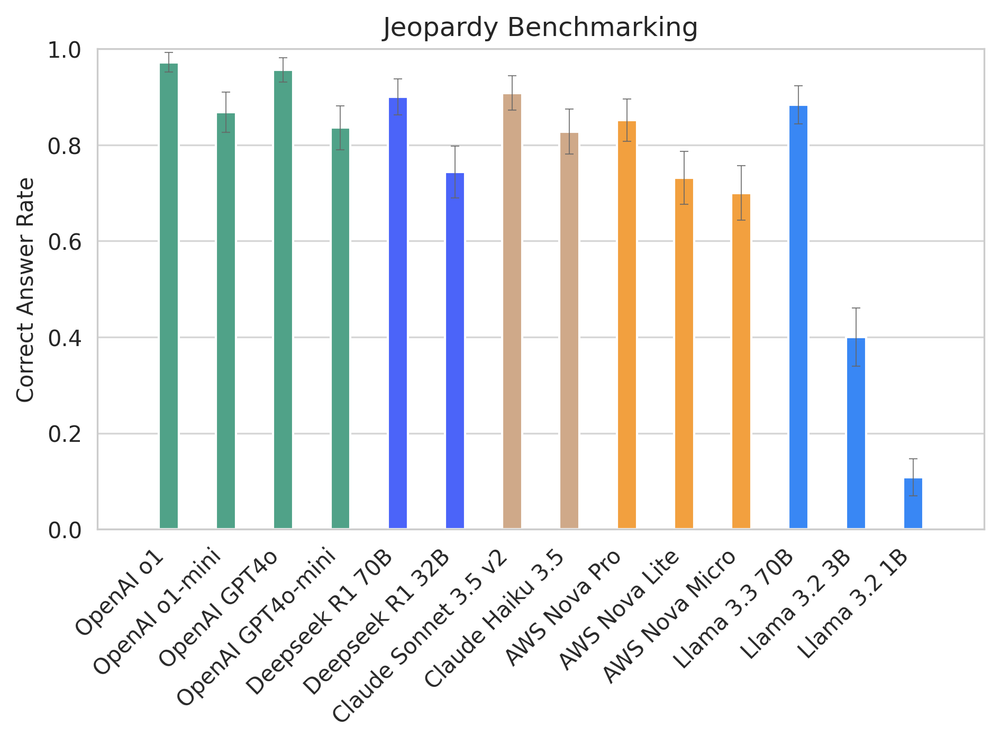For some careers, it is a norm to showcase portfolio projects. For example, designers often carefully curate their portfolios throughout their careers. When job searching, portfolio projects are often a requirement for design roles. Some engineers also maintain personal websites that display their passion projects.
In the world of data science, however, portfolio projects aren't as commonplace. Many aspiring data scientists thoughtfully craft their resumes, but overlook the potential of portfolio projects. This is a missed opportunity.
Why Portfolio Projects Are Important
Resumes are often limited to a page, at most two. The sections are very well-defined. You follow an established pattern to describe your education, experience, and skills. It's a pretty constrained way to describe yourself, and what you offer as a data scientist.
With portfolio projects, however, you have complete freedom. You don't just state you have certain skills; you get to prove you can utilize those skills and create value.
The opportunity to prove value is especially impactful for aspiring data scientists looking for their first position. Often, you need experience to get a job, but you need a job to accumulate experience. Portfolio projects are the most effective way to escape this catch-22: you create your own platform to demonstrate your capability and experience.
Designing Effective Portfolio Projects
But building a portfolio project takes time and effort. So you need to be strategic. Here are the three ingredients you should absolutely bake into your portfolio project:
- Practical Skills
- Personal Story
- Captivating Visuals

Practical Skills
The first key ingredient in an effective portfolio project is showcasing practical skills in data science. But how do you decide which skills to focus on? Here are some tips:
- Research job postings: Look up several job postings for positions you're interested in. What skills are consistently mentioned across multiple listings?
- Identify skill gaps: Compare these in-demand skills with your current skillset. Is there a popular skill you need to learn or brush up on?
- Learn by doing: If you need to acquire a new skill, what better way to learn it than by incorporating it into your portfolio project? This approach ensures you're not just learning in theory, but applying the skill in a practical, demonstrable way.
Remember, it's perfectly fine — even advantageous — if the skill you choose to showcase is something new to you. For example, if you notice that many job postings mention experience with cloud platforms like AWS or Azure, and you're not yet familiar with these, make it a point to use one in your project. You could deploy your analysis on AWS, use AWS S3 for data storage, or leverage Azure Machine Learning for model training. This way, you're learning a valuable skill and immediately putting it into practice.
Personal Story
As a hiring manager for many years, I've seen countless portfolio projects that seem to come from the same mold: sentiment analysis on Twitter data, housing price forecasts, and more recently, projects involving language models or image classification. While these are valuable exercises, it quickly became apparent that these are course projects or tutorials that candidates have followed. As a result, such projects don't help the candidates stand out.
Your portfolio project should be unique and self-initiated. It should demonstrate that, given a real-world problem with little guidance and no clear path, you can figure out a way to solve it and produce something presentable.
This is where your personal story comes in. What problems are you passionate about? What unique experiences or perspectives do you bring to the table? Maybe you're a music enthusiast who wants to analyze audio features of different genres. Or perhaps you're concerned about climate change and want to visualize its effects on your local area. Regardless of your passion, by choosing a problem that resonates with you personally, you're more likely to design a unique project, and stay motivated throughout.
Remember, the goal is to showcase your drive, creativity, and problem-solving skills. A unique, self-initiated project does this far more effectively than any course assignment ever could.
Captivating Visuals
Let's face it: no matter how much we'd like hiring managers to read every word of our project, that's unlikely to happen.
In a world of information overload, you need something that immediately grabs attention and keeps it. This is where captivating visuals come into play.
As superficial as it might sound, spending time on making your presentation visually engaging is crucial. It's not just about making things look pretty; it's about effectively communicating your insights and drawing the reader in. You want to make a strong first impression, so that even without reading every word, the hiring managers will get a sense of your capabilities and skills.
As you work on presenting your project, here are some ideas to keep in mind:
- Use lots of plots and charts to illustrate your findings. Choose the right type of visualization for your data.
- Incorporate relevant images to break up text and illustrate concepts.
- Consider using animations or interactive elements. These can make your project more engaging and memorable.
- Create infographics to summarize key points or processes.
- Use color strategically to highlight important information and guide the reader's attention.
You work hard on your portfolio project. So you should invest time in creating engaging visuals to get your work noticed.
Take Away
Completing a substantial portfolio project can take days or even weeks. But if done well, it can help you stand out in the crowd. So give yourself the time it takes to build a solid portfolio. Learn and showcase practical data science skills. Find a project topic you are passionate about that speaks your story. And when you are ready to showcase your project, create compelling visuals to catch the eye of potential employers. A well-crafted portfolio project can be a powerful tool to enhance your prospects in the evolving field of data science.








